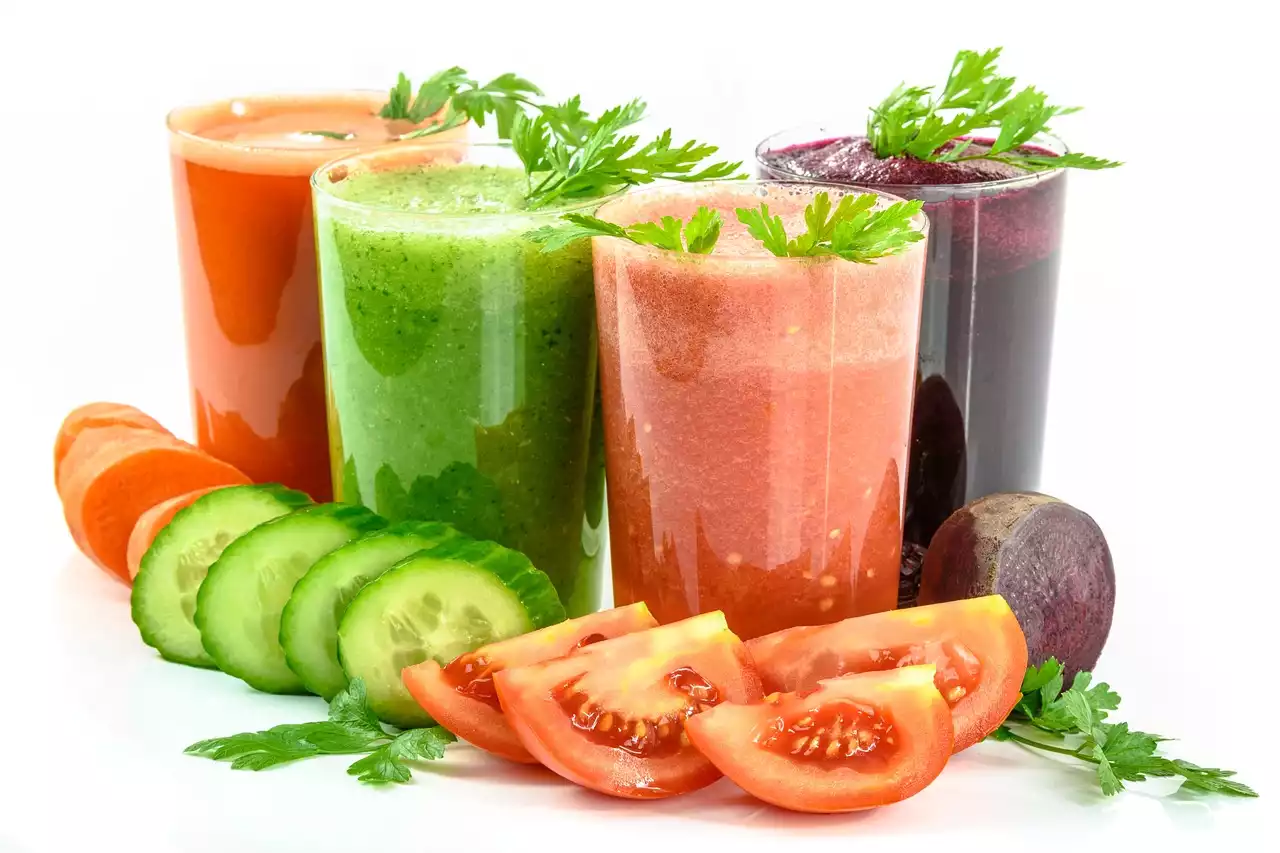As a vegan, you might be wondering how to get enough protein in your diet. However, there are plenty of vegan protein sources available that can provide you with all the essential amino acids you need. From legumes to nuts and seeds, there are numerous plant-based foods that are rich in protein. In this article, we'll explore the top vegan protein sources and provide you with ideas on how to incorporate them into your diet.
Legumes
Legumes are a fantastic source of protein for vegans. They are high in protein and fiber, making them an excellent option for maintaining a healthy diet. Here are some of the best legumes to add to your diet:
- Lentils: Lentils are a versatile legume that can be used in a variety of dishes. They are high in protein, fiber, and iron, making them a great addition to any vegan diet.
- Chickpeas: Chickpeas are a popular legume that can be used to make hummus or added to salads for extra protein. They are also high in fiber and can help to lower cholesterol levels.
- Black beans: Black beans are a great source of protein and fiber. They are also rich in antioxidants, which can help to protect your body from harmful free radicals.
- Peas: Peas are a great source of plant-based protein, as well as vitamins and minerals. They can be added to soups, stews, or salads for an extra boost of nutrition.
Nuts and Seeds
Nuts and seeds are also an excellent source of protein for vegans. They are high in healthy fats and can provide your body with essential nutrients. Here are some of the best nuts and seeds to add to your diet:
- Almonds: Almonds are a great source of protein, fiber, and healthy fats. They can be eaten raw, roasted, or added to salads for extra crunch.
- Chia seeds: Chia seeds are a versatile seed that can be added to smoothies, oatmeal, or used to make chia pudding. They are high in protein and fiber, making them a great addition to any vegan diet.
- Hemp seeds: Hemp seeds are an excellent source of protein and omega-3 fatty acids. They can be added to smoothies, salads, or used to make homemade protein bars.
- Pumpkin seeds: Pumpkin seeds are high in protein and fiber, as well as magnesium and zinc. They can be added to salads, trail mix, or eaten as a snack.
Whole Grains
Whole grains are an essential part of any healthy diet, and they can also provide your body with protein. Here are some of the best whole grains to add to your diet:
- Quinoa: Quinoa is a complete protein, meaning that it contains all nine essential amino acids. It can be used in a variety of dishes, such as salads, stir-fries, or as a side dish.
- Brown rice: Brown rice is a great source of protein and fiber. It can be used as a base for a stir-fry or added to soups for extra nutrition.
- Oats: Oats are a great source of plant-based protein and can be used to make oatmeal, granola, or homemade energy bars.
Whole wheat bread: Whole wheat bread is a great source of protein and can be used as a base for sandwiches or toasted with nut butter for a quick snack.
Tofu and Tempeh
Tofu and tempeh are soy-based products that are popular among vegans. They are both high in protein and can be used in a variety of dishes. Here are some ideas on how to incorporate them into your diet:
- Tofu: Tofu can be used in stir-fries, curries, or even blended into a smoothie for extra protein. It's also a great source of calcium and iron.
- Tempeh: Tempeh can be sliced and used in sandwiches or salads for extra protein. It's also a great source of probiotics, which can help to improve gut health.
Tips for Incorporating Vegan Protein Sources into Your Diet
Here are some tips on how to add more vegan protein sources to your diet:
- Plan your meals: Take the time to plan out your meals for the week and make sure to include a variety of vegan protein sources.
- Experiment with recipes: Try out new recipes that incorporate vegan protein sources, such as lentil soup or a quinoa and black bean salad.
- Snack on nuts and seeds: Keep a stash of nuts and seeds at your desk or in your bag for a quick and easy snack.
- Try new foods: Don't be afraid to try new vegan protein sources, such as tempeh or chia seeds.
Conclusion
As a vegan, it's important to make sure that you're getting enough protein in your diet. Luckily, there are plenty of vegan protein sources available, from legumes to nuts and seeds, that can provide you with all the essential amino acids you need. By incorporating a variety of these vegan protein sources into your diet, you can ensure that you're getting the nutrition you need to stay healthy.







